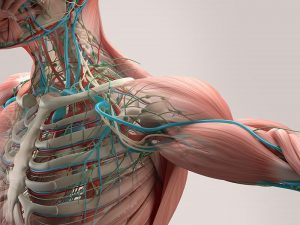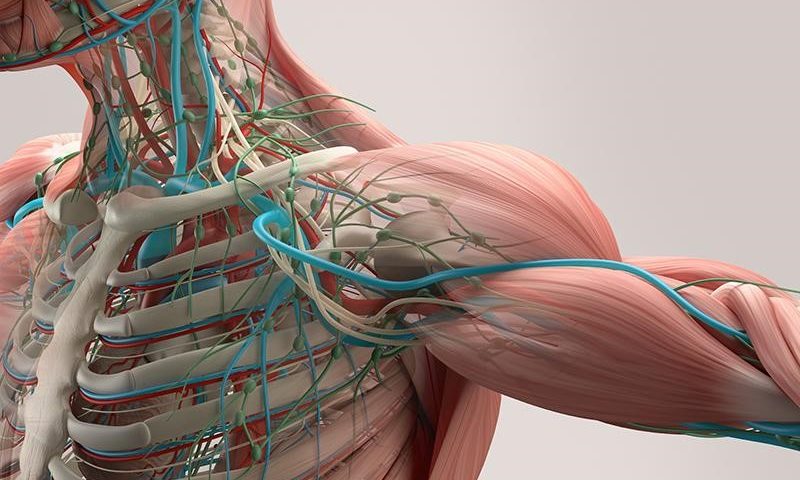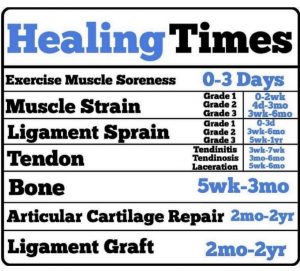How long does it take to recover?

Strength training for marathon runners
November 4, 2019
Tendinitis in lower limbs
December 5, 2019
One of the most common issues I encounter when helping people recover from an injury or from surgery is the healing time of various tissues.
Everyone wants to be better NOW, but this is not realistic. Tissues healing take TIME. We can not rush it, and it is important to understand that issues heal at different rates depending on their physical makeup and blood supply, among other things.
Additional contributing factors, such as diabetes, age, poor nutrition, inadequate rest, etc. can further delay the healing process.
This chart shows the AVERAGE range of healing times for various tissues in the body, including different grades of tissue for muscles, tendons and ligaments.
It can serve not only as a guide but also a reminder that we can not force our bodies to heal faster than physiologically possible.
What we can do it is OPTIMIZE the healing process by rehabbing appropriately, eating high quality food, getting adequate rest, keeping moving and staying PATIENT and POSITIVE throughout the journey.
Recovering from an injury or surgery is NOT LINEAR. You can experience your fair share of ups, downs, turns, setbacks, breakthroughs, frustrations, and triumphs. This is NORMAL. Sometimes, it is not easy, especially when keeps you from being able to do many of the meaningful things that make life enjoyable.
When you are in that situation, it is not hard for you to focus on all the things that you CAN’T do because of the issue you are dealing with. However, especially in cases that take long periods to recover from or where progress is slow, this can really eat away at your ability to progress through the rehabilitation.
 Focusing on what you CAN NOT do leads to poorer outcomes, decreased motivation to stay consistent with your program, decreased effectiveness of the program, more frustration, feelings of hopelessness, and at the end of the day, getting back to WHAT YOU WANT TO DO (your goals).
Focusing on what you CAN NOT do leads to poorer outcomes, decreased motivation to stay consistent with your program, decreased effectiveness of the program, more frustration, feelings of hopelessness, and at the end of the day, getting back to WHAT YOU WANT TO DO (your goals).
Instead, shift your mindset to focusing on what you CAN do. Doing so will keep you more positive, decrease frustration, keep you motivated and more consistent, keep you realistic about how long the whole process might take, and ultimately lead to better OUTCOMES (achieving your goals more fully)!
Daniel T.
The post How long does it take to recover? appeared first on Diversified Integrated Sports Clinic.
[ad_2]
Source link




